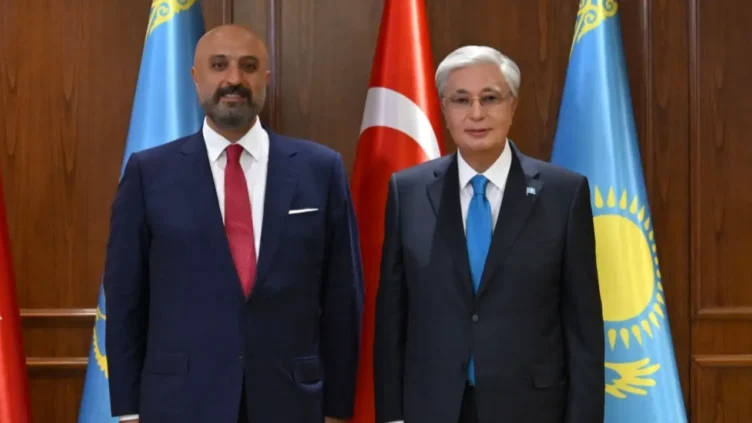A central asian textbook for political survival
For some Central Asian countries, November turned out to be a very eventful month from a political point of view.
Dosym Satpayev, political scientist
In Kyrgyzstan, power has started to be shared again. As always, it was with the aid of a crowd, which led to the rapid development of a Constitution that unfortunately, is no guarantee of a constitutional order. At the same time in fraternal Tajikistan, the “severe” and “competitive” struggle of Emomali Rakhmonov’s presidential elections have taken place. Rakhmonov has once proven able to convince himself, the nation of Tajikistan and the international community that it is only his presence on the presidential post that is a guarantee for preserving political stability and order.
The remaining four “candidates” never disputed such statements. And at the same time, the primary issue for Emomali Rakhmonov was not a split on the “power-democratic opposition” line, but on the other hand, is preserving the balance of power between regional clans. At the same time, the “war fatigue” that is prevalent in the society has played into the president’s hands, as it is decreasing the level of tension within the country, and the high level of labor migration occurring from Tajikistan to Russia (somewhat less than one million people per year) is reducing the social foundation of the opposition.
It turns out, that even though all the countries of the region (Central Asia) have been sitting in their sovereign boats rowing away from their common Soviet history, the captains have remained practically the same. Moreover, a feeling is arising that all of them have been taught by one and the same textbook, written on the subject of political survival.
The first chapter of this book reads that there is no more dangerous enemy than a former companion-in-arms who has helped one to come to power. Looking at all The Central Asian presidents, we can see that practically all of them have learned this lesson very well. Neither Rakhmonov and Karimov, nor Niyazov and Nazarbayev have kept any of those in their circle who could remember their rise (to power), and helped them to achieve these heights. Some of these are in jails, some are in the world beyond and some are overseas. From a political point of view, this is quite a rational and Machiavellian behavior. Indeed, if one wants to be a chief political gardener then he should first clean a field for his own “political plants”. The fact that some plants turn into weeds is not a great problem, but the primary thing is that they should be always dependent on the gardener who had planted them. The only person who failed to study this lesson effectively at the school of Central Asian destined rulers was Askar Akayev, for which, he has paid his dues. Judging by the available facts, Kurmanbek Bakiev is not much different from him (Akayev), as for the last year not only he has managed to make new enemies from a number of his former partners in the anti-Akayev coalition, but he also did his best to help them grow stronger.
Kazakhstan is a different matter, however. This year, analysts marked the five-year anniversary of one political event that in the past had delivered a telling blow to the entire political system of the country. This issue is first the serious split that occurred within the political and business-elite during 2001. Even though the





Все комментарии проходят предварительную модерацию редакцией и появляются не сразу.